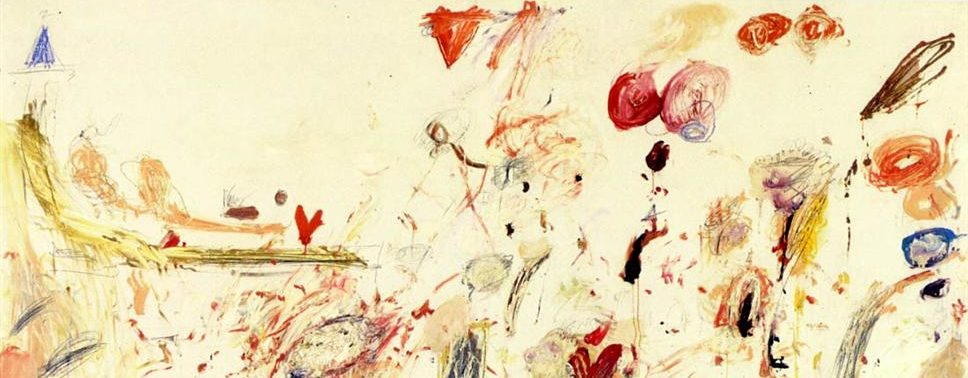The lecture took place on November 6, 2017, held by Dan Mulhall in the topic “To Sweeten Ireland’s Wrong: W.B. Yeats in the 1890s.”
Being a great Irish poet, W. B. Yeats has been hailed for his great works. In this event, the topic has been centered on Yeats being a patriotic writer, who is “Irish in spirit, English in literature.” Yeats has intended to make criticism and literature as national as possible. However, the speaker, Dan Mulhall, Ireland’s ambassador to the U.S., has attacked that the national spirit, which Yeats tend to glorify in his poems are merely a combination of nationalism and narcissism, as he claimed that “Irish could be the whole of idealism,” and is “lofty” in its national spirit. Indeed, he believes that Yeats’ movement to accentuate “Ireland” in literature contributes to the wider transformation of Irish attitude, yet this cultural nationalism is based on Yeats’ version of Ireland. One of Yeats’ poems that we have read in class, “the Second Coming,” perfectly represents the Irish Literary Revival. The entire poem talks about the upcoming revelation, Yeats shows that the Europe continent is coming to an end, and the world is going into a new era.
Mulhall mentions, that in April 1900, Yeats publicly rebuke the queen. Since then, he has been energetically involving with Irish nationalism. He even attacks writers who do not write literature with the topic “Ireland.” Yeats attack the original romantic and poetical nationalism, because he believes that in ancient Ireland there is some kind of spirit that is powerful and should be rediscovered. Although Yeats aims to “recreate the glory,” no one would disagree that his ambition is actually a manifestation of Irish idealism.
